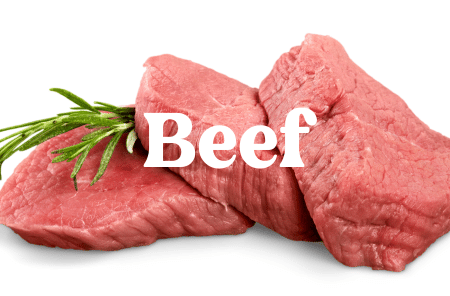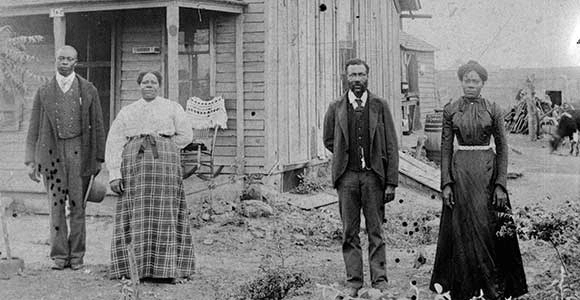Just Like We Do Today

I’ve been reading a lot of historical accounts lately—journals from homesteaders in the 1800s, letters from women during the Great Depression, and memoirs from people who lived through major social and economic upheavals. And you know what strikes me most about these firsthand accounts?
How remarkably similar their daily concerns were to ours.
This shouldn’t be surprising, but somehow it is. We tend to think of historical people as fundamentally different from us. It is as if they were a different species of human who were naturally tougher, more self-reliant, and better at handling hardship.
But when you read their actual words, you discover they were just people trying to figure things out, just like we are.
The woman keeping a journal while her family crossed the plains in a covered wagon worried about her children getting sick. Similarly, modern parents worry about their kids’ health. She questioned whether they’d packed the right supplies, just like we second-guess our emergency preparedness. Also, she wondered if they’d made the right decision to leave everything familiar behind. People today wonder if they should move somewhere with better opportunities.
The circumstances were different, but the human experience was remarkably similar.
I find this both comforting and humbling. Comforting because it reminds me that people have always faced uncertainty and difficulty, and somehow they’ve managed to survive and even thrive. It is humbling because it puts our current challenges in perspective. It reminds me that we’re not facing anything that humans haven’t dealt with before.
Every generation thinks their challenges are unprecedented, but human challenges are actually pretty consistent across time.
What changes is the specific form the challenges take, not the fundamental nature of human struggle. Pioneer families worried about having enough food stored for winter. In contrast, modern families worry about supply chain disruptions and grocery store shortages. Same fundamental concern, different context.
Past generations worried about economic instability and whether their children would have opportunities. Similarly, we worry about economic instability and whether our children will have opportunities.

Homesteaders in the 1800s dealt with equipment breakdowns, unpredictable weather, and the challenge of making a living from the land. Modern homesteaders deal with equipment breakdowns, unpredictable weather, and the challenge of making a living from the land.
The tools have changed, but the fundamental challenges haven’t.
This realization has changed how I think about both history and the present. Instead of seeing historical people as fundamentally different from us, I see them as people dealing with the same kinds of problems we face. They are just in different circumstances.
And instead of seeing our current problems as uniquely difficult, I see them as the latest version of challenges humans have always faced.
This perspective is incredibly helpful when I start to feel overwhelmed by current events or worried about the future. Yes, we’re facing serious challenges—climate change, economic inequality, political polarization, technological disruption. But humans have always faced serious challenges.
The specific problems change, but the human capacity to adapt, solve problems, and create meaning hasn’t changed.
Reading historical accounts also reminds me that people in the past weren’t uniformly wise or well-prepared. They made plenty of mistakes, had plenty of blind spots, and often muddled through situations without clear plans or perfect information.
They were just doing their best with what they had, just like we are.
The woman writing in her journal while crossing the plains didn’t have some special pioneer wisdom that made her naturally suited for hardship. She was scared, uncertain, and often overwhelmed. But she kept going anyway, one day at a time, solving problems as they arose.
The Great Depression-era mother canning vegetables in her kitchen wasn’t following some master plan for economic security. She was just trying to feed her family with the resources available to her.
These people weren’t heroes with superhuman capabilities. They were ordinary people in extraordinary circumstances, doing what they needed to do to take care of their families and communities.
Just like we are.
This understanding has made me less romantic about the past and more confident about the present. I used to think that people in earlier eras had access to some kind of wisdom or resilience that we’ve lost. Now I realize they were just people responding to their circumstances with the tools and knowledge available to them.
We have different tools and knowledge, but we have the same fundamental human capacity to adapt and persevere.
It’s also made me more appreciative of the advantages we have today. Yes, modern life has created new problems, but it’s also solved many old ones. The key insight from reading all these historical accounts is this: people in every era have felt like they were living through uniquely challenging times. People have always found ways to cope, adapt, and create meaningful lives despite those challenges.


Leave a Reply